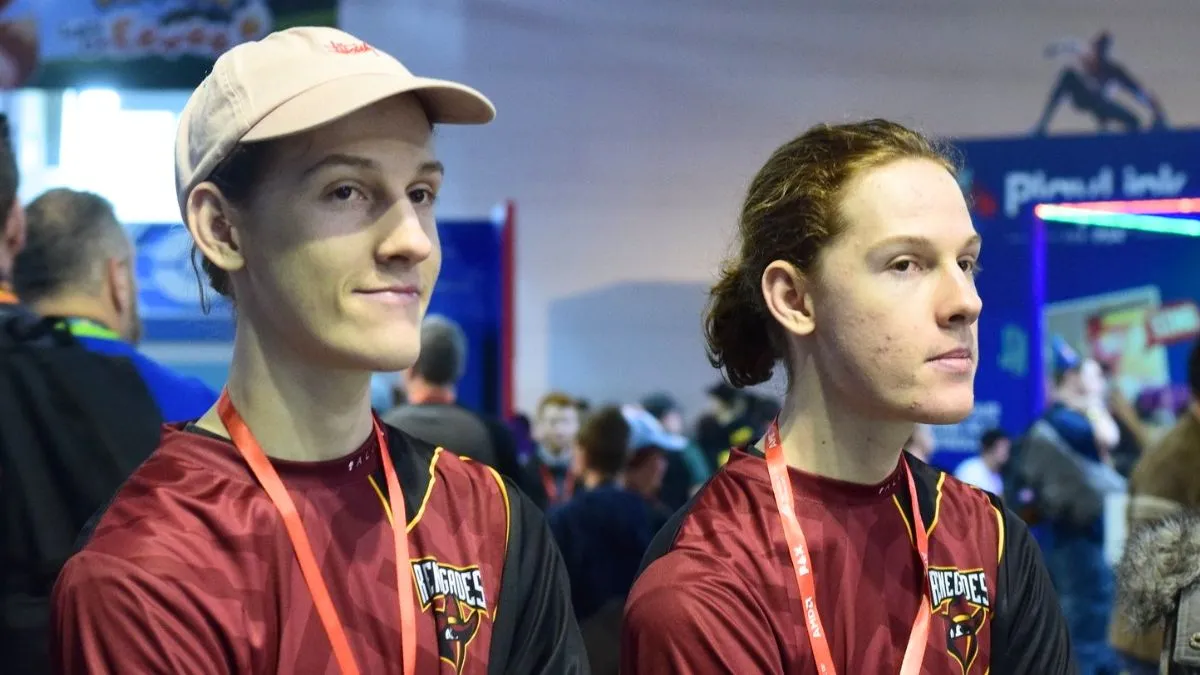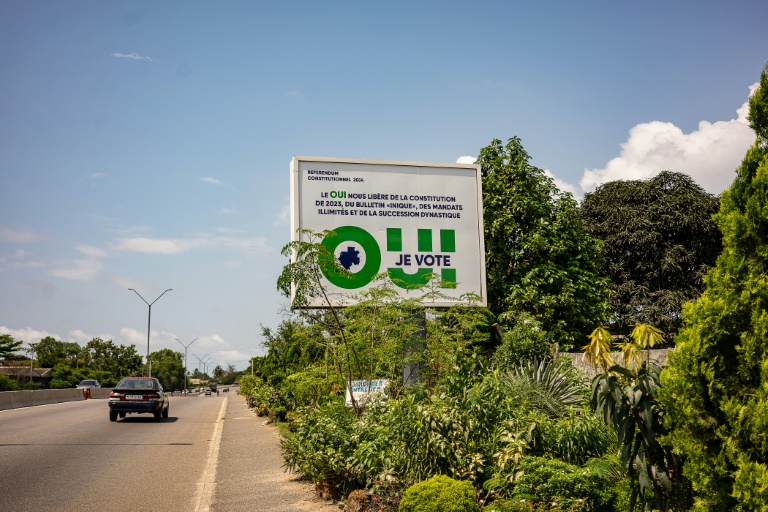The Post caught up with her during the few days she was back home in Hong Kong after performing the Butterfly Lovers Violin Concerto in Wuxi and Shanghai.
Playing in mainland China always feels different, So says. Compared to the mature classical music scene in Europe and the United States, the one in China is at an incipient stage and full of young, enthusiastic audiences.
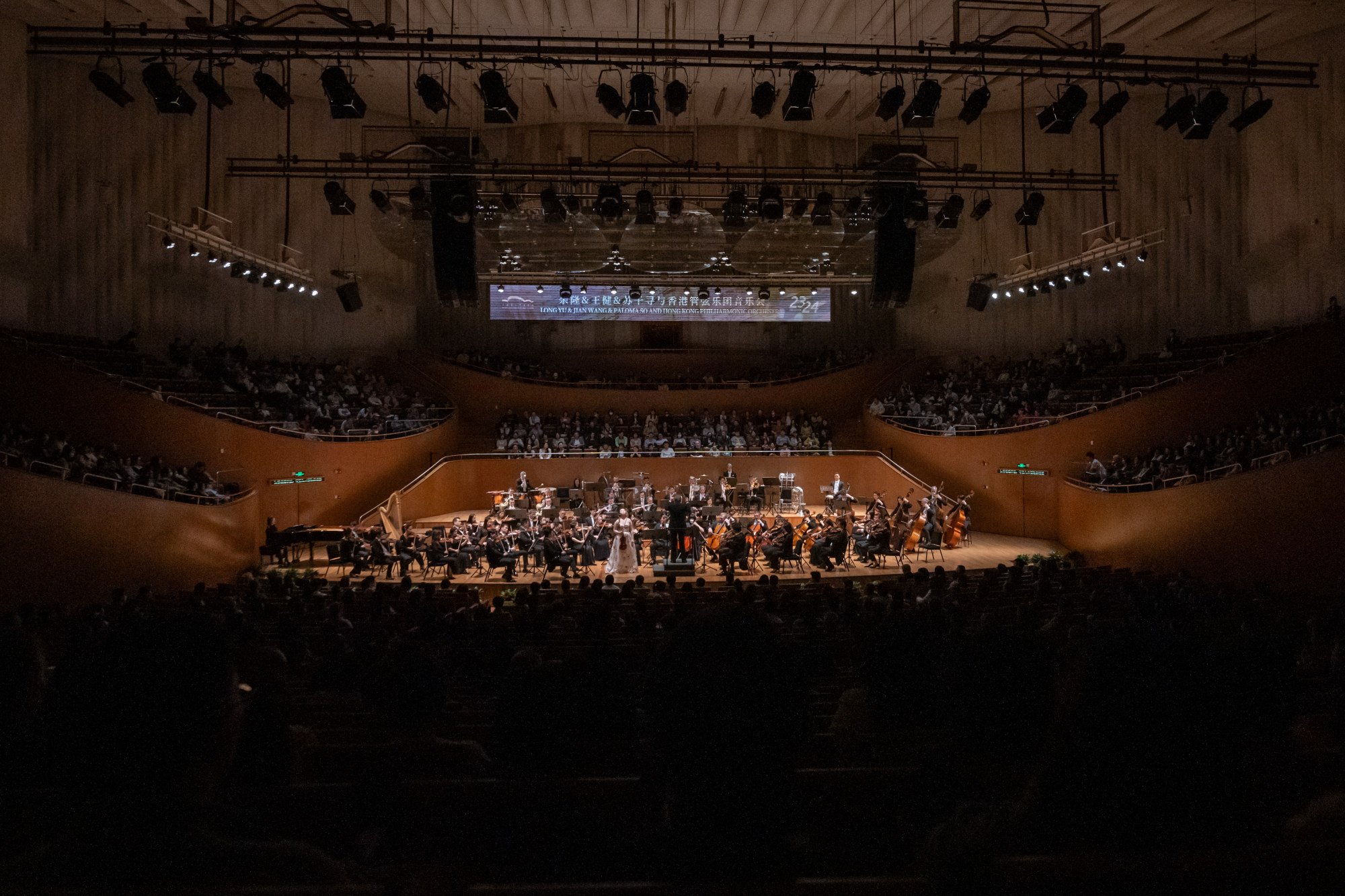
“Whenever I perform in mainland China, I feel an obligation to really spread classical music. I really believe young people can and should go for classical music, not necessarily as a career but as a great hobby,” she says.
For some, it will become more than just a hobby. So herself does not come from a musical family and no one expected her to become a musician. Her parents enrolled her and her siblings in piano and violin lessons as extracurricular activities.
But So realised early on that she wanted to devote herself to music and to have professional training. It took a fair amount of time to persuade her parents, but they finally gave in when she was 10.
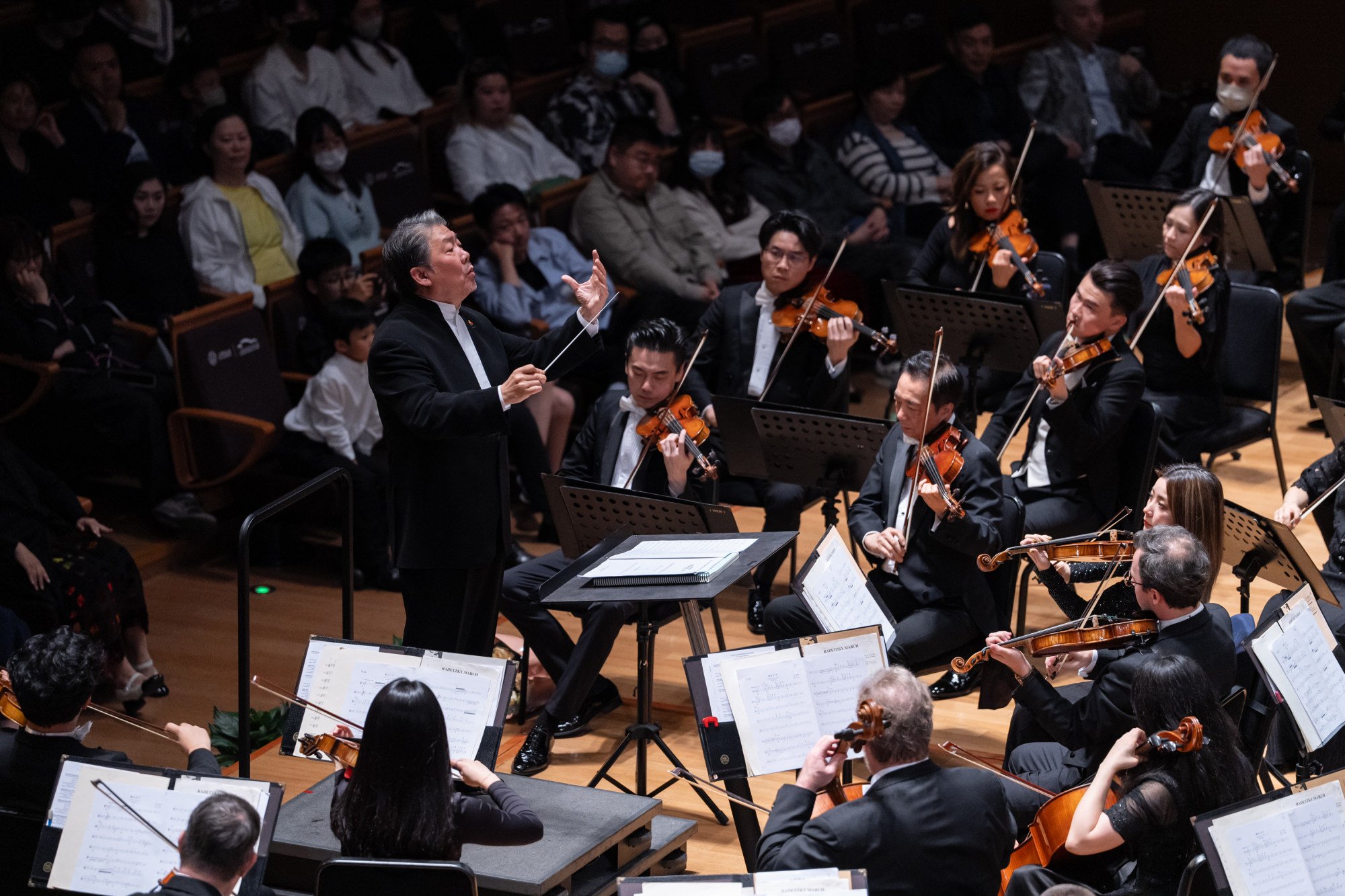
“They knew how narrow the field was going to be, so there was some resistance at first. But eventually they realised how much I was into it and how passionate I was about music.
“I think they saw that although it would be a hard path, I had the fortitude to pave my way through it. Now they are my biggest supporters,” she says.
As an eight-year-old performing on stage, So did not consider herself any different from her peers and never self-identified as a child prodigy, although she was often referred to as such.
“I think it was very positive in a way that it pushes you to perform your best in concerts when everybody calls you that,” So says. To this day, she maintains a rigorous practising routine, playing four to five hours a day and adding more hours just before performances.
It’s ingrained in me to do everything really efficiently, to spare all the time I have, to practise, do schoolwork or to sleep
She credits her teacher Zakhar Bron, a Russian violinist who has a school in Zurich, Switzerland, for gifted children, as her biggest musical influence. She began to visit him from Hong Kong for lessons during school holidays and he was part of the reason she went to study in the UK when she was 11.
She used to travel from her boarding school, Wycombe Abbey, in Buckinghamshire, northwest of London, to Switzerland every month for lessons with him.
Other mentors have helped enrich her career since. After the UK, she moved to the United States and finished the Juilliard Pre-College programme (which primes gifted students for a career in music) while boarding at Choate Rosemary Hall in Connecticut, one of the most exclusive private schools in the US.
Why is she studying economics, then?
“The logical and analytical approach to studying economics provides a nice contrast to the intuitive, creative, and artistic aspects of playing the violin,” she says.
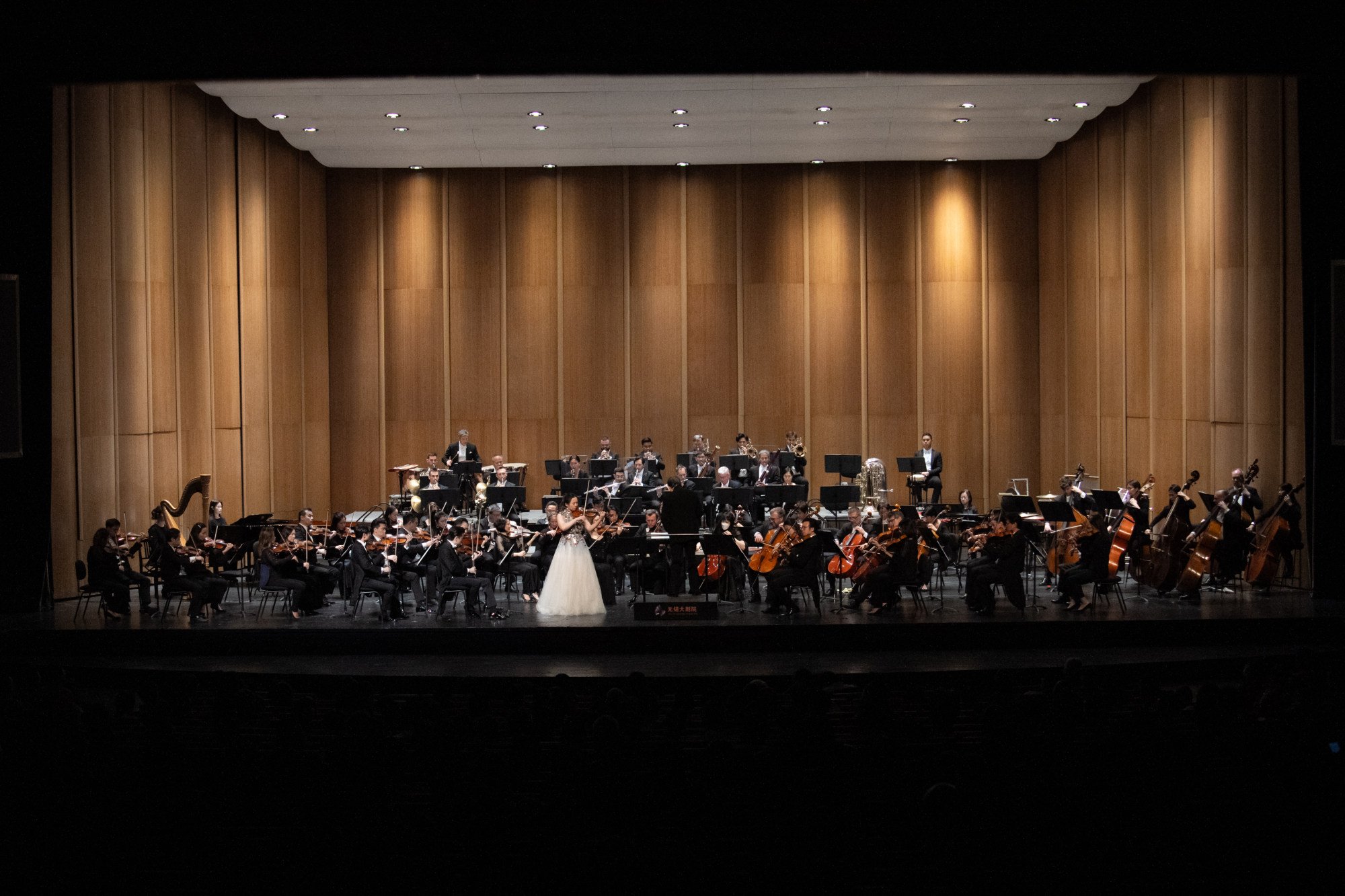
So says she is going to take some time thinking about her long-term plans. After all, she has only just finished her first year at university and has another four years before she can graduate with a bachelor’s degree in economics and a master’s in music.
One wonders how she can fit it all in. She puts it down to discipline and the strong support from those around her.
“It’s ingrained in me to do everything really efficiently, to spare all the time I have, to practise, do schoolwork or to sleep,” she says.
She adds that she has not decided what she wants to do after university yet. She might return to Hong Kong, as her family is there, but nothing is set in stone.
“I am going to go see Laufey’s concert!” she says, with the bubbly energy of an ordinary, yet extraordinary, 18-year-old.





